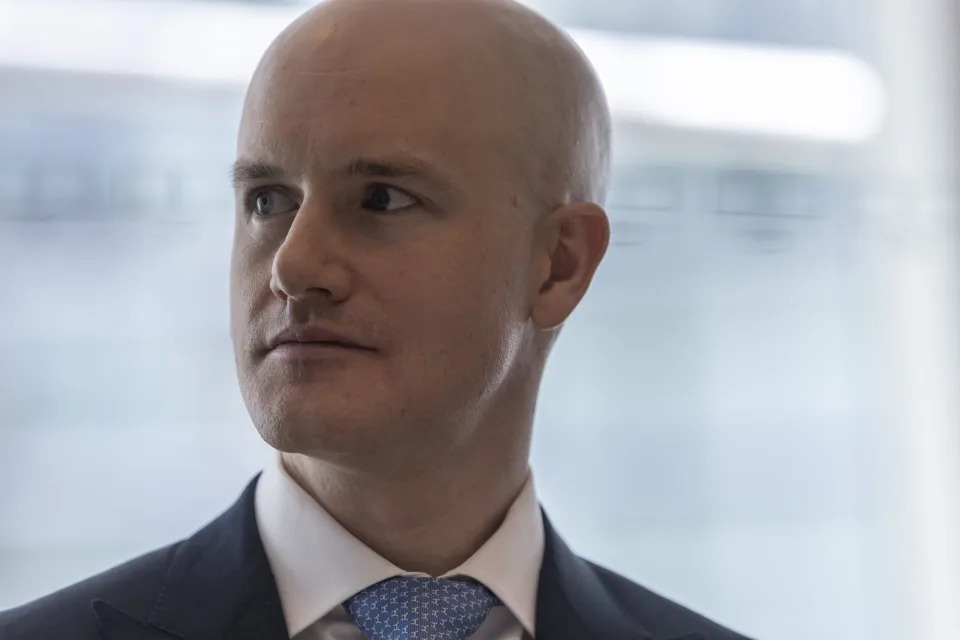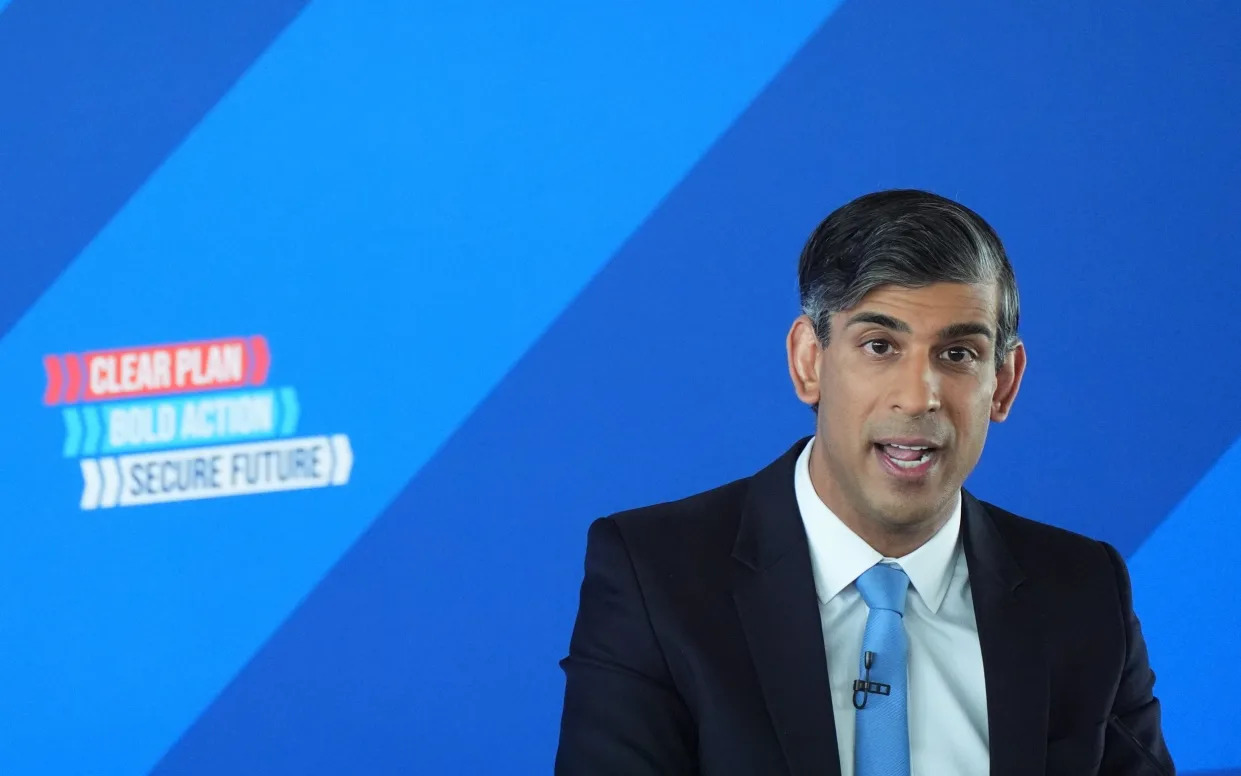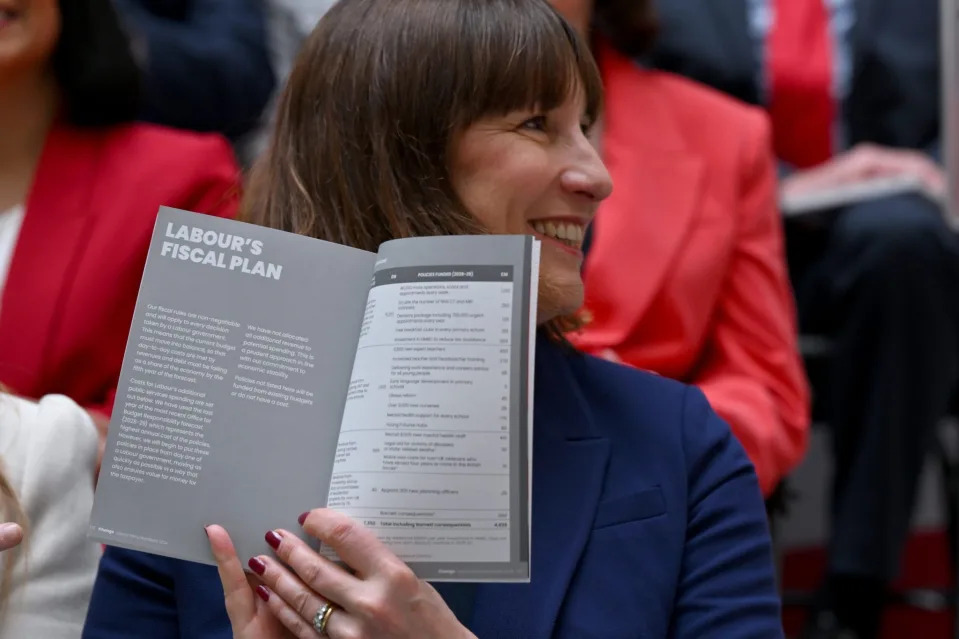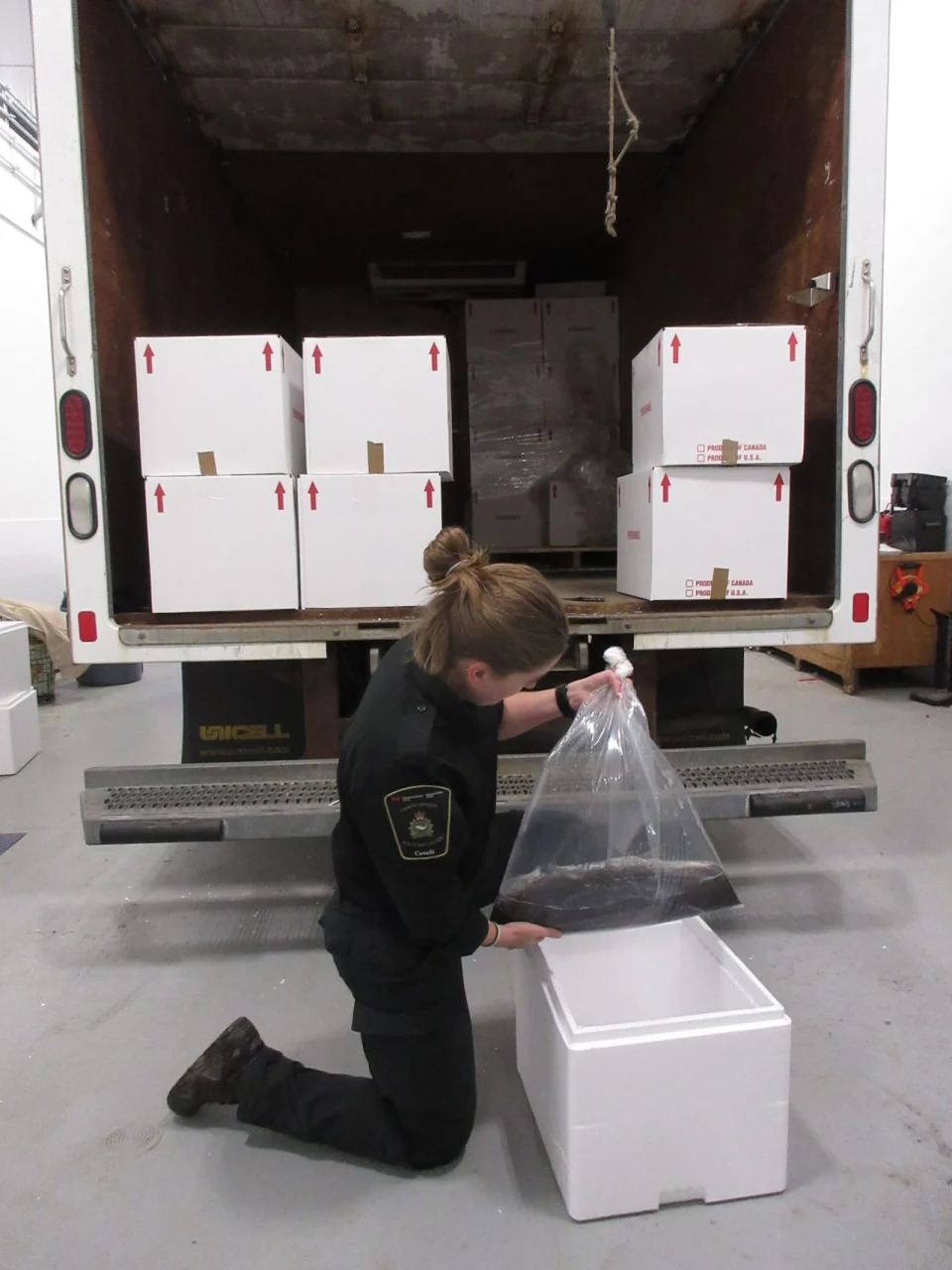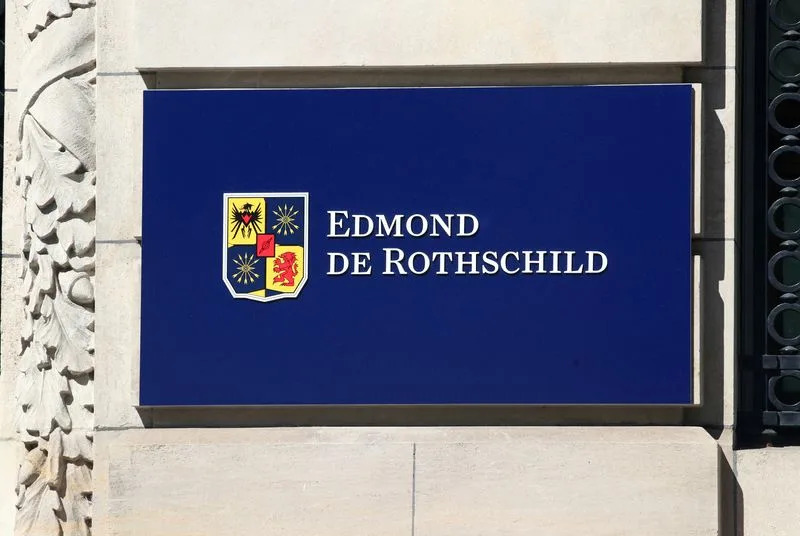New Hampshire remains New England's lone holdout against legalizing recreational marijuana
Associated Press
Thu, 13 June 2024
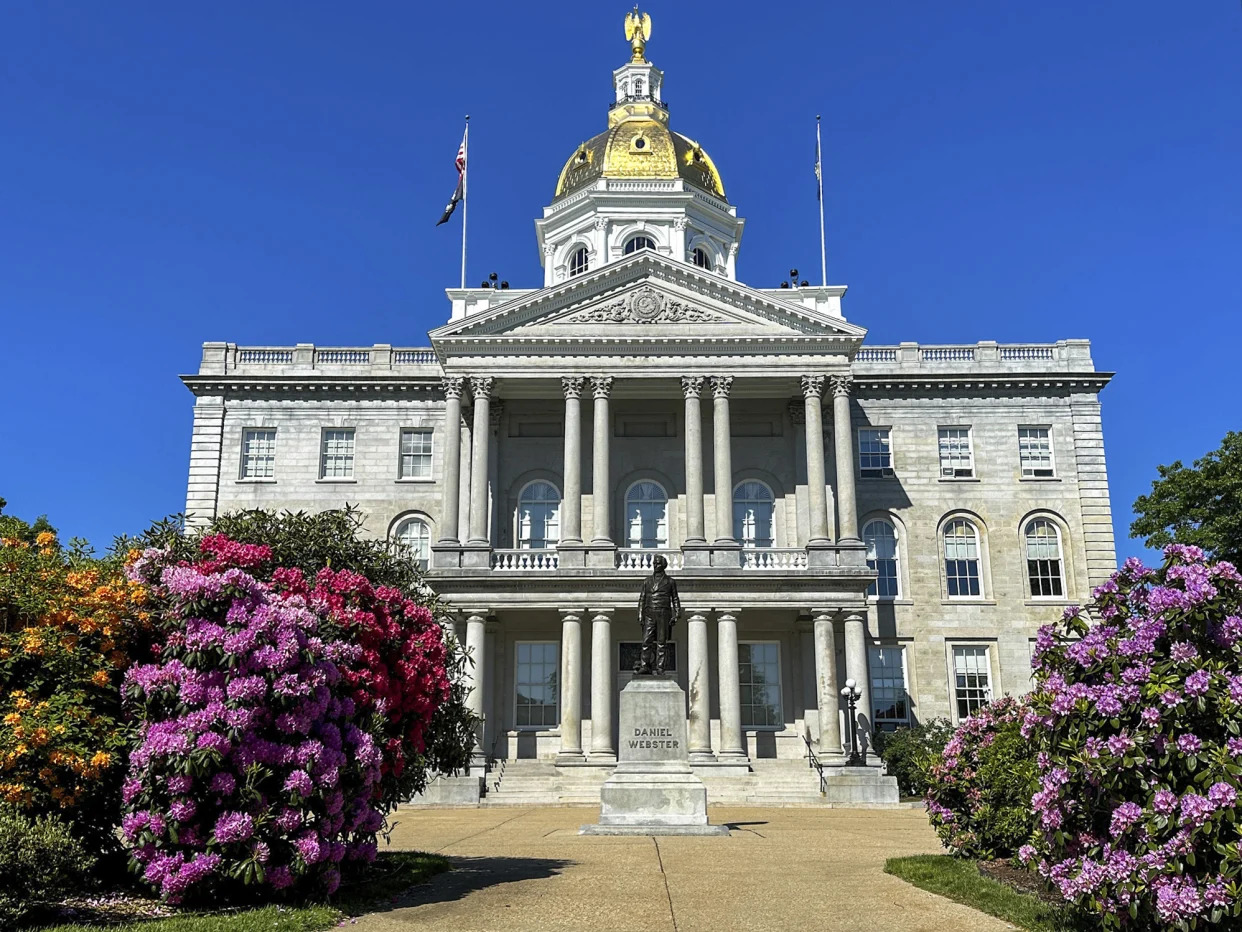
Rhododendrons bloom outside the New Hampshire Statehouse on Saturday, June 1, 2024, in Concord, N.H. On Thursday, June 13, the House killed legislation that would have legalized recreational use of marijuana, a step all other New England states have taken. (AP Photo/Holly Ramer)
CONCORD, N.H. (AP) — Legislation to legalize recreational marijuana in New Hampshire died on the House floor Thursday after advancing further than ever in New England’s only holdout state.
The House has passed multiple legalization bills over the years only to have them blocked in the Senate. This year, both chambers passed legislation, and the Senate approved a compromise worked out by negotiators from both chambers. But the House declined to go along, instead voting 178-173 to table it and let it die as the session ended.
The House-passed version had included a 10% tax, while the final version kept the 15% favored by the Senate, as well as the state-run franchise model the Senate wanted and the House strongly opposed.
Rep. Jared Sullivan, a Democrat from Bethlehem, said the compromise did little to change what he called an “ugly” Senate bill. He described it as “the most intrusive big-government marijuana program proposed anywhere in the country, one that ignores free market principles, will stifle innovation in an emerging industry and tie future generations of Granite Staters to an inferior model indefinitely.”
Sullivan also pushed back against the suggestion that the law could have been tweaked next year to better reflect the House’s stance.
“Does anyone in here actually believe that we will be able to reel in a newly empowered government bureaucracy after they’ve spent millions of dollars?” he said. “Does anyone honestly believe it will be easy to pull back power from an unelected agency once they have it?”
Supporters had urged colleagues to pass the bill, suggesting that New Hampshire becoming the 25th state to legalize marijuana could be a tipping point for the federal government. Supporters also pointed to polls showing more than 70% of the state’s residents believe it should be legal.
“This bill does address what the people of our state want,” said Sen. Shannon Chandley, a Democrat from Amherst. “And besides being the will of the majority, it allows us to do what is really necessary, and that is to regulate.”
Devon Chaffee, executive director of the ACLU of New Hampshire, said lawmakers appear content in ignoring the will of their constituents and to continuing to needlessly ensnare people, including many Black residents, in the criminal justice system.
“Marijuana legalization is not just a political squabble about the economic benefits,” she said in a statement. “The war on marijuana has real-life impacts.”
Republican Gov. Chris Sununu, a past opponent of such bills, had signaled more openness to the idea but stopped short of saying he would sign the latest

